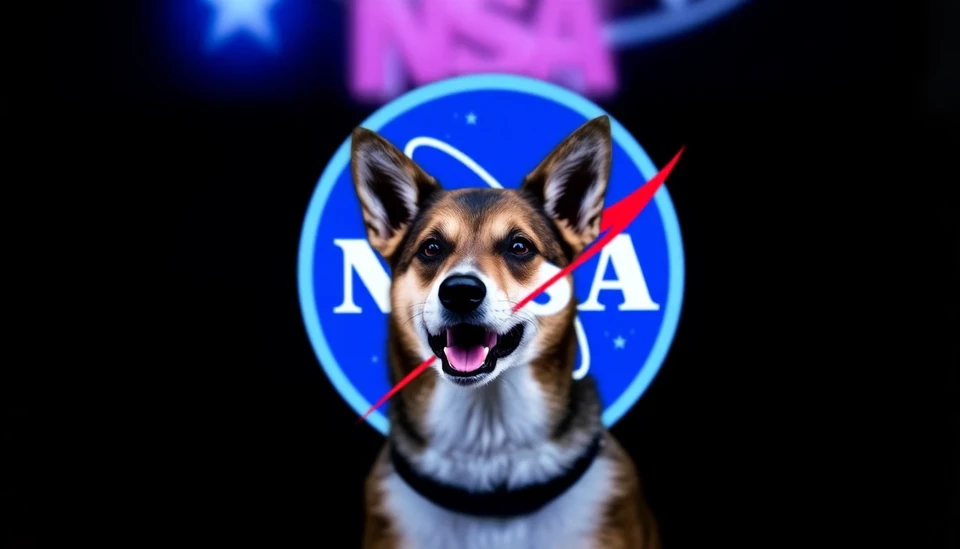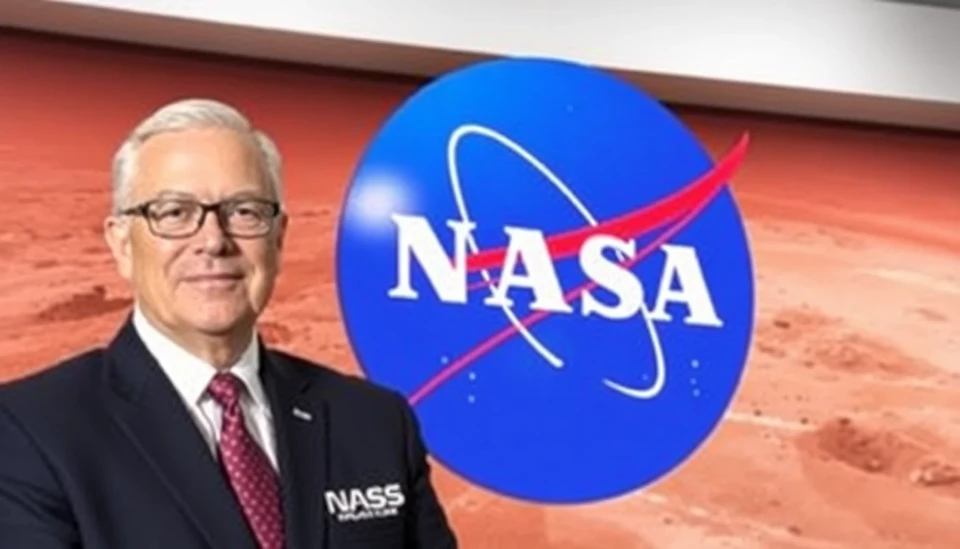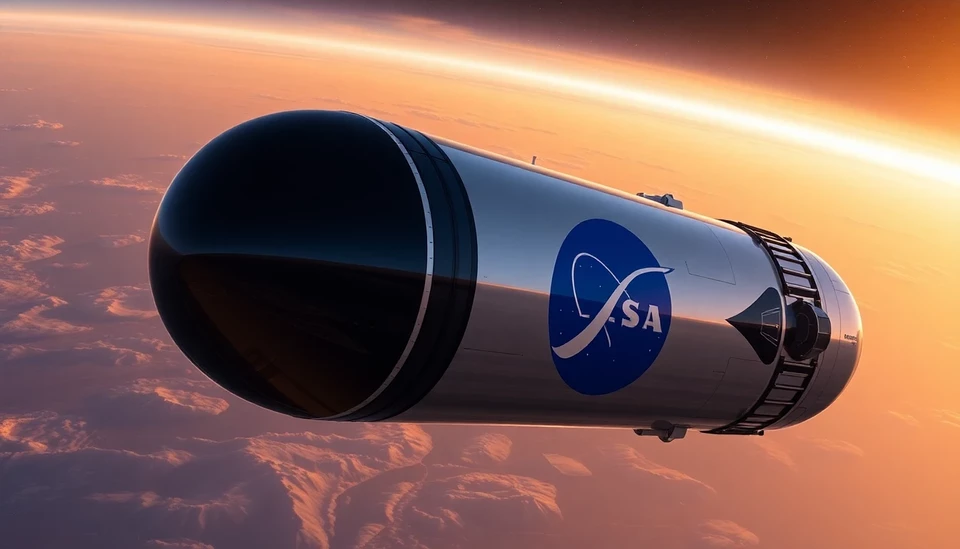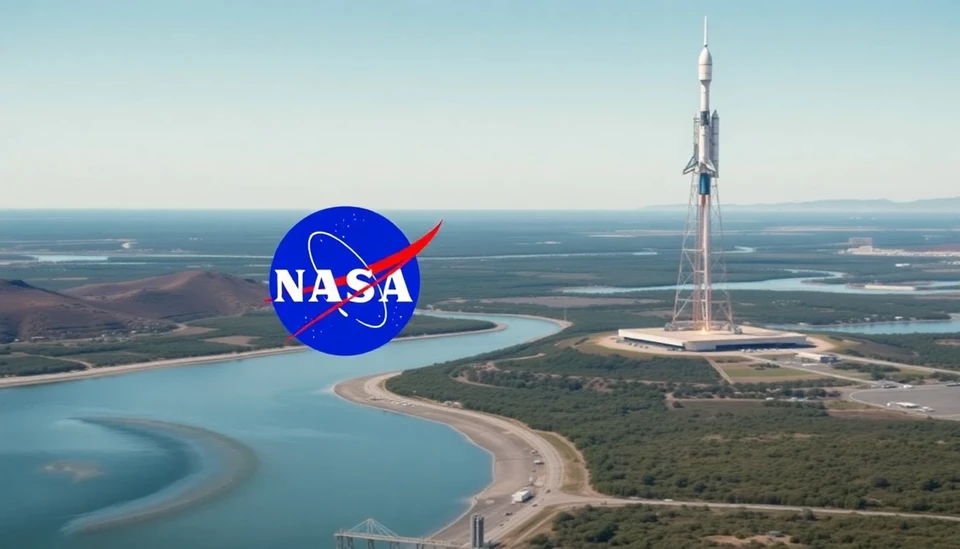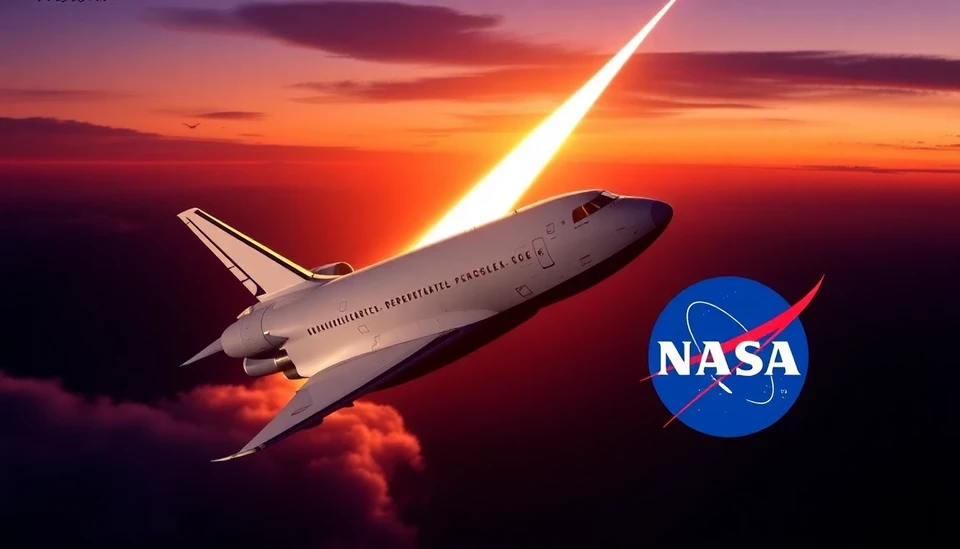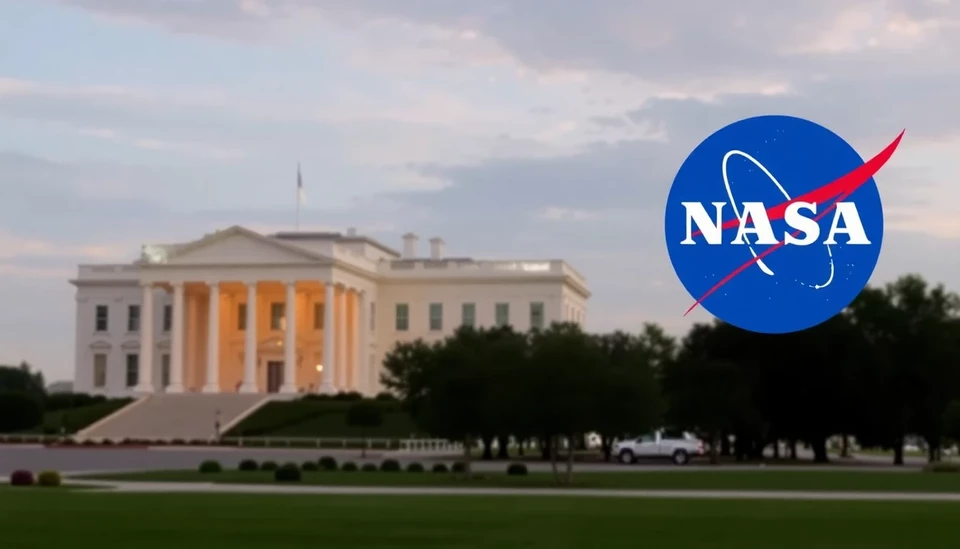
In a move that has stirred significant concern within the scientific community, the White House has unveiled a budget proposal that threatens to drastically reduce funding for NASA's science programs. This initiative, part of a broader governmental effort to realign fiscal priorities, could have profound implications for ongoing and future space exploration missions.
The proposed budget, which aims to reshape how federal funds are allocated across various sectors, suggests slashing vital funding that supports solar system exploration, astrophysics research, and Earth science projects. If implemented, this decision would impact several key missions, including those targeting climate change monitoring and planetary defense.
Critics of the proposal argue that cutting funds from NASA’s science budget would undermine decades of scientific progress and innovation. Established missions such as the James Webb Space Telescope, which has just begun delivering extraordinary images of distant galaxies, could see significant reductions in support, hampering its ability to operate effectively and limiting future exploratory efforts.
NASA officials have expressed alarm at the scale of the proposed cuts, arguing that the agency plays a crucial role in advancing our understanding of space and our own planet. In recent statements, they have highlighted how sufficient funding is essential not only for scientific research but also for fostering technological advancements that often lead to new industries and job creation.
The debate around the budget proposal is expected to intensify as it progresses through Congress. Lawmakers from both parties have traditionally recognized the value of NASA’s contributions to scientific knowledge and technological innovation. However, the current political climate has brought fiscal restraint to the forefront, leading to contentious discussions surrounding budgetary allocations across federal agencies.
Advocates for space exploration are urging citizens and stakeholders to voice their concerns over the proposed cuts, emphasizing the importance of continued investment in NASA’s scientific endeavors. They argue that the long-term benefits, including advancements in climate science, disaster prevention, and international collaboration, far outweigh the short-term savings suggested by the administration.
As the budget proposal heads to Congress for review and potential revision, the future of NASA’s science programs hangs in the balance. Stakeholders across the scientific community, from research institutions to private aerospace companies, are closely monitoring the situation, hopeful that congressional discussions will lead to a budget that supports the essential work of NASA.
In summary, the proposed federal budget presents a pivotal moment for NASA and its myriad scientific programs. With significant cuts on the table, the potential repercussions could reverberate across the scientific landscape, influencing research, innovation, and education for years to come.
#NASA #SpaceExploration #BudgetCuts #ScienceFunding #JamesWebb #Astrophysics #EarthScience #SpaceResearch
Author: Victoria Adams
